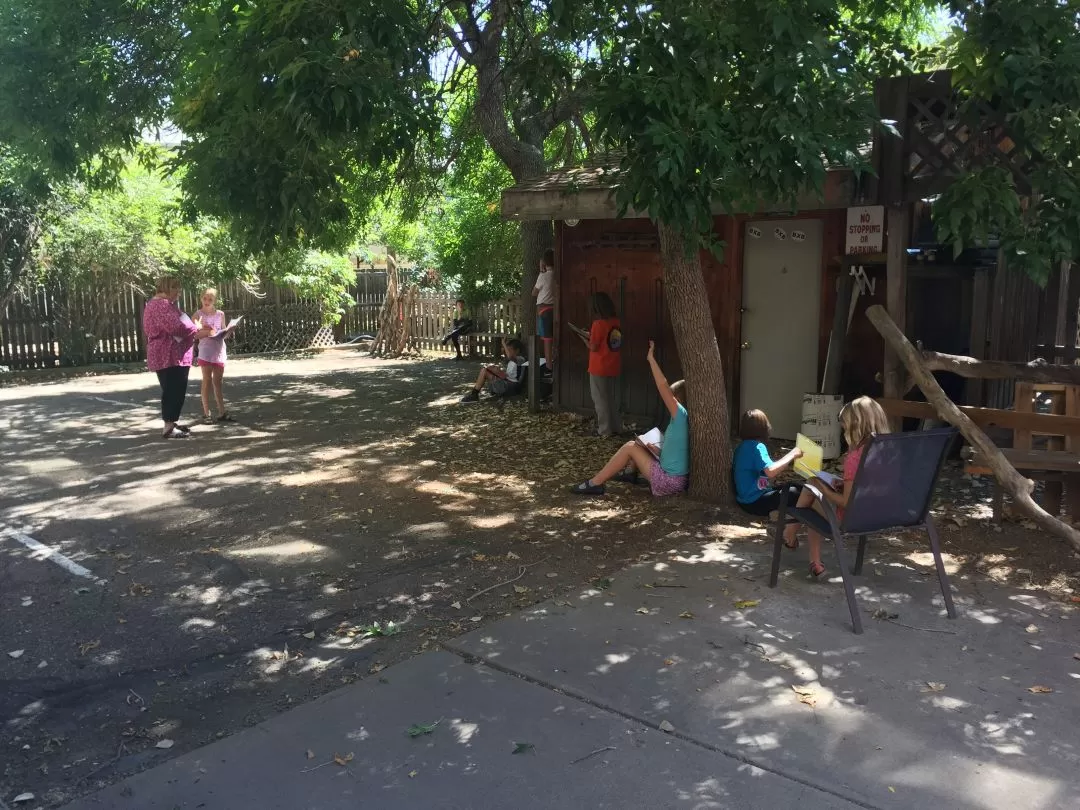The children have been working hard to become “wild readers” this fall. They are choosing and reading their own books, they are learning to think and write about their reading in meaningful ways, and they are sharing the books they have read with each other. They are also reflecting on their reading. Last week, I posed the question, “What do we know to be true about reading?” We discussed, then the students wrote in their reading notebooks. Here are some of their thoughts:

“Reading can help calm you down.”
“Don’t judge a book by its cover. The best books sometimes have the worst covers.”
“Reading is like visiting another world. It is different and amazing”
“There are sometimes boring parts, but they almost always get better.”
“If you don’t really pay attention, you only get half the fun.”
“If you don’t spend time picking books, then you will have a lousy time.”
“Take recommendations. Some suggested books are amazing.”
“Enjoy your time. Sit back and just get rid of your responsibilities momentarily and read your book.”
“A good book can make you smile.”
“If it’s a good book, I keep reading.”
“I know that reading in a comfortable places makes it more fun!”
“I know that I like exiting books, not poetry.”
“I know I don’t like historic books”
“Good books make you WONDER.”
“Good books have a roller coaster of emotions.”
“Good books make you excited. Bad books make you bored.”
“Thinking about our reading is different than just reading the words”
“Good books can get you sucked into the book.”
“I also know that you can read a good book multiple times.”
This reflecting on both the act of reading and on themselves as readers helps to build one of the many habits of being a “wild reader.” Reflecting on our reading supports the development of meta-cognition – thinking about our thinking, which allows us to take current learning to a deeper level, and to connect what we know to what we are learning. This connected learning is also called deep or webbed learning, and neuropsychological research tells us it is the learning that lasts over time. Looking at their responses one can see that some have internalized the value of visualizing while others understand reading for meaning. Some identify strongly with their book preferences, and many others connect with the emotional ride that a book takes them on. Collectively, the reflections show that an engaged, passionate community of readers is in our midst.



